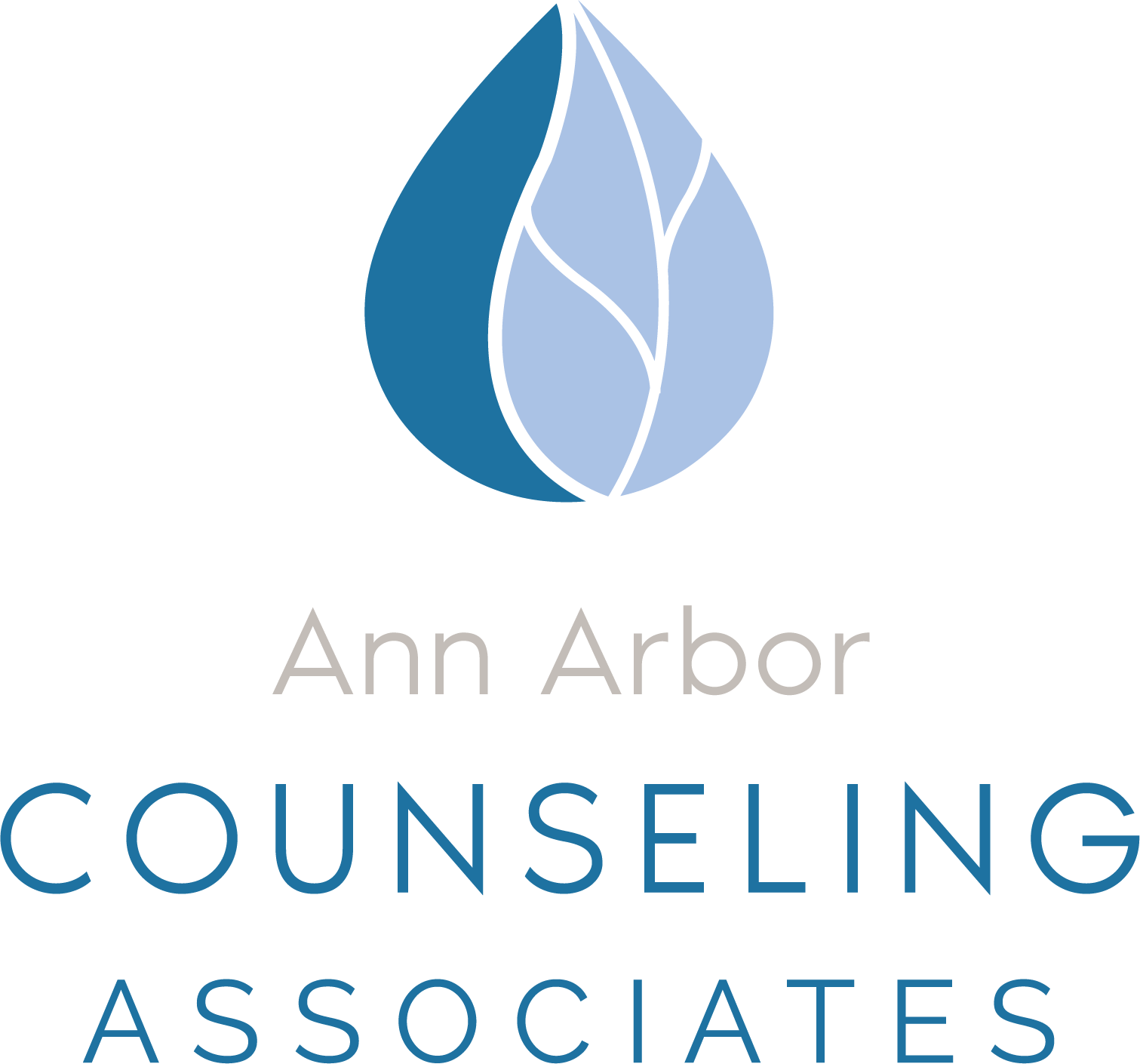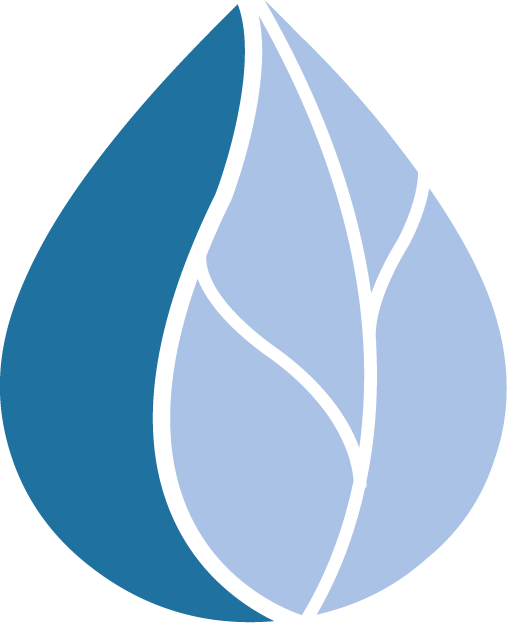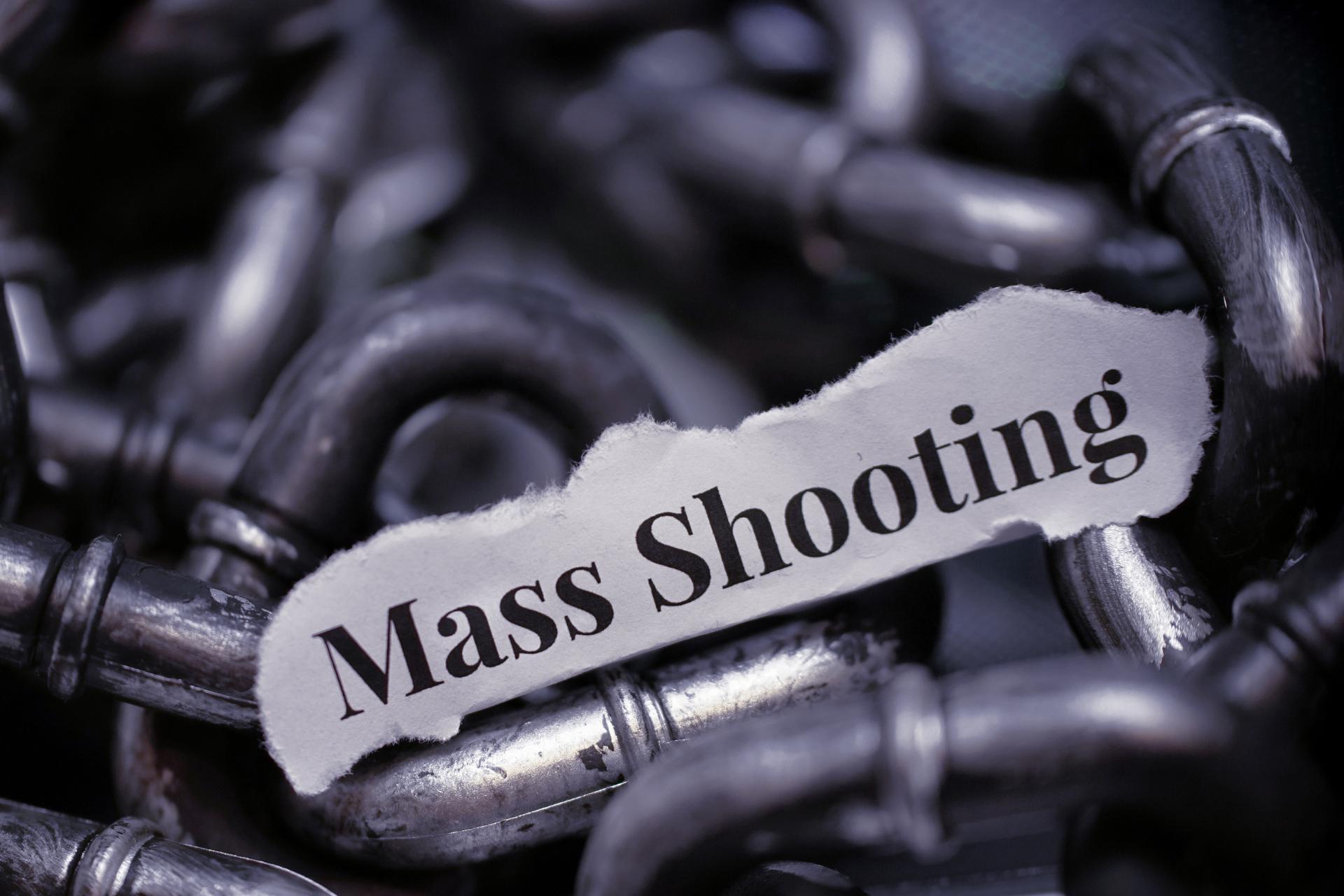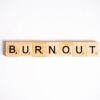Content Warning: Violence
Mass Violence and School Shootings can have an impact on everyone’s mental health, including adolescents. Due to advancement in technology and media, we have more access to the news and information related to mass violence. However, experiencing trauma via screen or lived experience can impact a person’s emotional and mental well-being.
We want to provide resources that are helpful when/if an act of mass violence or school shooting occurs. These resources are aimed at navigating tough conversations with children about the event, crisis helplines, and taking care of yourself while creating an environment for your children to process what has happened.
This may be an email with resources that you save for a time in the future when it could be beneficial, or now may be a time where you find these resources helpful.
- Articles/Blogs/Guides
- Tips for Talking With and Helping Children and Youth Cope After a Disaster or Traumatic Event: A Guide for Parents, Caregivers, and Teachers
- This resource discusses responses to trauma and strategies for talking with children depending on that child’s age.
- Talking to children about terrorist attacks and school and community shootings in the news
- This PDF helps answer common questions children might have after an event. It also helps address worries parents/caregivers may have when navigating those conversations.
- Managing your distress in the aftermath of a shooting
- Tips and Strategies for self-care and coping.
- Open talk, open door: Helping kids, teens after a school shooting
- A blog/article regarding helping students after a school shooting.
- Tips for Talking With and Helping Children and Youth Cope After a Disaster or Traumatic Event: A Guide for Parents, Caregivers, and Teachers
- Resources/Helplines
- OK to Say
- Anyone can report tips confidentially on criminal activities or potential harm directed at students, school employees, or schools.
- Tips can be submitted 24 hours a day, 7 days a week.
- Call: 8-555-OK2SAY (855-565-2729)
- Text: 652729 (OK2SAY)
- Email: OK2SAY@mi.gov
- OK to Say
- Disaster Distress Helpline
- SAMHSA’s Disaster Distress Helpline provides 24/7, 365-day-a-year crisis counseling and support to people experiencing emotional distress related to natural or human-caused disasters.
-
- Call or Text 1-800-985-5990
- Español:
- Llama o envía un mensaje de texto 1-800-985-5990 presiona “2”
- For Deaf and Hard of Hearing ASL Callers:
- To connect directly to an agent in American Sign Language call 1-800-985-5990 from your videophone. ASL Support is available 24/7.
- Michigan Warmline
- Phone line for Michigan residents with persistent mental health conditions.
- It will connect callers with certified peer support specialists who have lived experiences of behavioral health issues, trauma or personal crises, and are trained to support and empower the callers.
- The warmline operates seven days a week from 10 a.m. to 2 a.m. 888-PEER-753 (888-733-7753)
-
- SAMHSA’s Disaster Distress Helpline provides 24/7, 365-day-a-year crisis counseling and support to people experiencing emotional distress related to natural or human-caused disasters.
Resources for Students
- When Terrible Things Happen: For Students
- PDF that helps normalize for students what they may be experiencing after the event.
- Books for Children
- Once I was Very Scared by Chandra Ghosh Ippen– Ages 3-8 years old
- Jenny is Scared:When Sad Things Happen in the World by Carol Shuman –Ages 4-8 years old
- A Terrible thing Happened by Margaret M Holmes, Sasha J Mudlaff, & Cary Pillo–Ages 5-9 years old
Resources:
- Michigan Crisis and Access Line
- Michigan OK2SAY
- American Psychological Association
- National Center for School Crisis and Bereavement
- National Child Traumatic Stress Network
- Substance Abuse and Mental Health Services Administration
- University of Michigan Health






